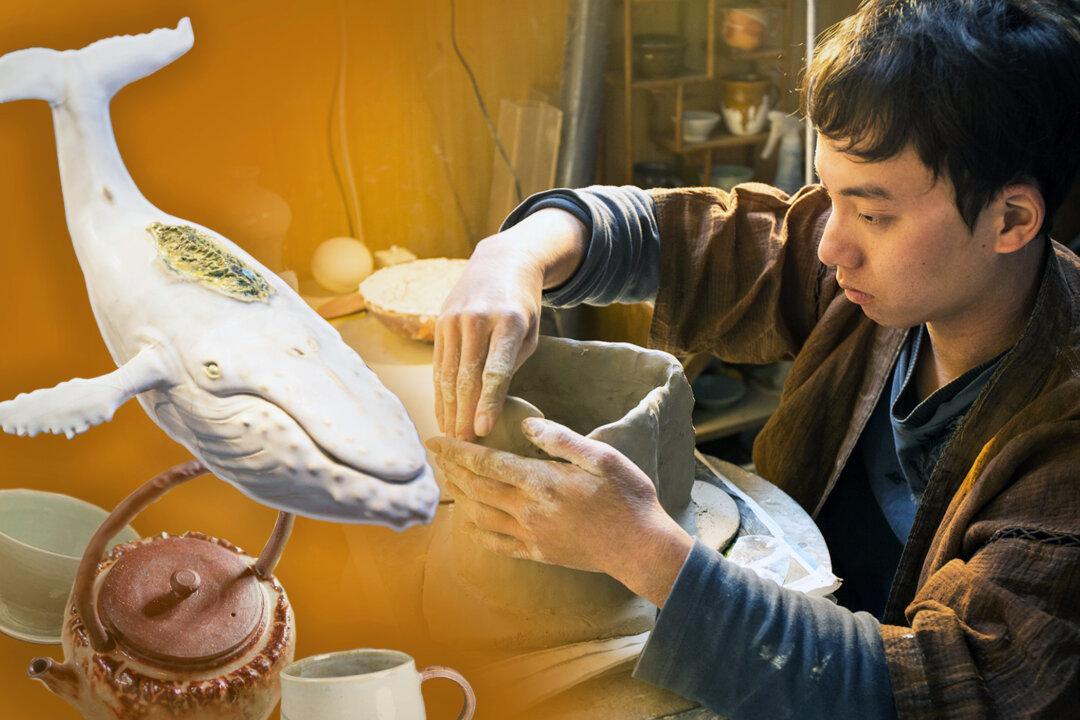A young pottery artist has found his purpose in creating ceramic wares infused with traditions that can accompany people in their lives for a long time. He calls these life-inspiring values and meanings the soul of pottery.
It’s been almost four years since Hsu Ting Chia, a graduate of the National Taipei University of Education, Taiwan, went from being broke after setting up his pottery studio amid the 2020 pandemic to carving out a sustainable path and expanding his business.






